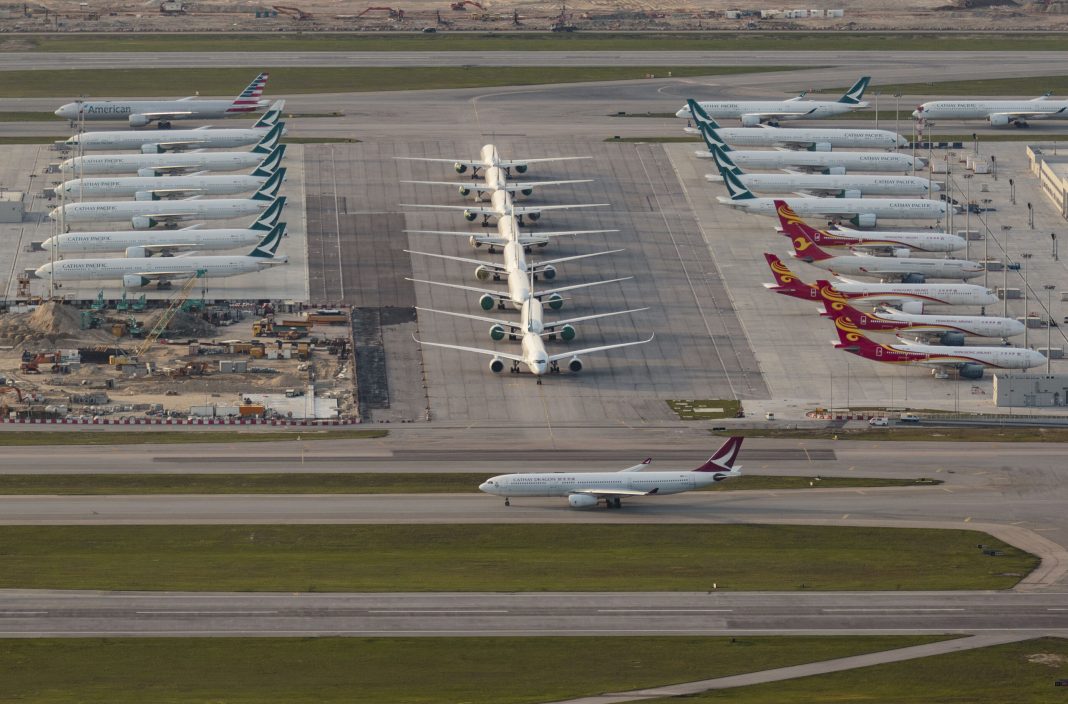Asia-Pacific airlines are expected to lose $29 billion between them in 2020, according to The Association Of Asia Pacific Airlines (AAPA). The predicted loss comes from the worst crisis to ever affect the aviation industry: the COVID-19 pandemic.

It is no secret that COVID-19 hasn’t been kind to the aviation industry. Around the world, planes have been grounded and staff furloughed, or worse, laid off. While some airlines have been able to start picking up the pieces, others are being hit by a second wave worse than the first. Today the AAPA revealed more about the situation in Asia.
Traffic is down
Like all corners of the aviation industry, the Asia-Pacific region is feeling the impacts of the COVID-19 crisis. International passenger traffic around the area remains at just 4% of its total in 2019. However, the same can’t be said about domestic traffic. This has already returned to 67% of its pre-crisis level.
Stay informed: Sign up for our daily aviation news digest.
Naturally, the available seat capacity on offer from airlines has dropped alongside passenger demand. Domestic ASK currently sits at 80% of its September 2019 figure. Meanwhile, the region’s international ASK sits at 11% of that of the previous year.

Losses and job cuts
According to the AAPA’s Director-General, Subhas Menon, combined airlines in the Asia-Pacific region, lost $18.4 billion in the first half of 2020. However, it seems as though the worst has passed. He revealed that he expects total losses for 2020 to come in at $29 billion. This would account for a third of the global loss ($84 billion) prompted by COVID-19.
For the first half of 2020, Asia-Pacific airlines had an estimated average cash burn of $3.6 billion per month. Such figures mean that across the world, some 46 million jobs are at risk. Menon explained that the number of jobs supported by aviation in the Asia-Pacific region is predicted to drop from 47 million to just 22 million.

What’s the solution?
During his presentation, Menon looked to testing as a possible solution to remove some of the boundaries to aviation’s recovery. Currently, one of the most significant deterrents to the industry’s recovery is quarantine.
Menon called for mutually recognized testing standards, remarking that they were urgently needed. However, for such an initiative to work, tests would need to be affordable, accessible, scalable, and efficient.
More important, however, is that tests are speedy and accurate. While a 50% accurate test is arguably better than no test, it wouldn’t be sufficient to combat quarantine. Likewise, the longer it takes for results to be generated, the less appealing testing will be to passengers.

Germany currently applies a ten-day quarantine to travelers from high-risk countries. However, this can be ended after five days with a negative COVID-19 test.
Are you surprised to learn that Asia-Pacific airlines are expected to lose $29 billion in 2020? Let us know what you think and why in the comments!
[ad_2]
Source link


